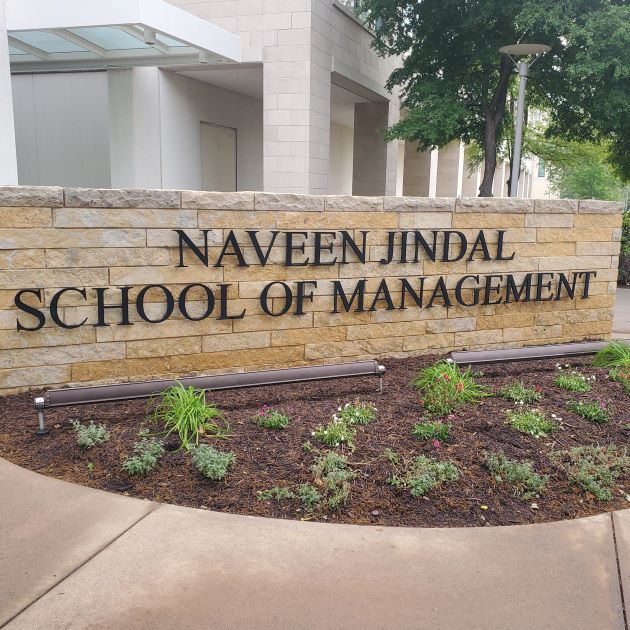
Disclosure of hazardous environmental incidents — such as chemical spills and leaks — can be as troublesome for the U.S. Environmental Protection Agency as it is for the companies that cause those incidents. Naveen Jindal School of Management faculty member Shouqiang Wang, an assistant professor of operations management, has won a best paper award for research that makes disclosure easier for both the EPA and the violators.
Wang won the 2018 Best Publication Award in Environment and Sustainability for his paper, “Inducing Environmental Disclosures: A Dynamic Mechanism Design Approach.” The award is part of the Energy, Natural Resources, and the Environment (ENRE) section of INFORMS — the Institute for Operations Research and the Management Sciences — and is presented annually to a journal article that best demonstrates both impact and originality in this area of ENRE.
In their paper, Wang and his co-researchers propose a theoretical model to encourage voluntary disclosure by firms for environmentally hazardous violations that occur randomly, beyond the firms’ control and beyond early detection by the EPA. This comes at a time when, Wang says, the Environmental Protection Agency is seeking to move away from the traditional and expensive strategy of inspections and implement more innovative regulatory guidelines and policies.
“The EPA’s Audit Policy provides a disclosure incentive of reduced penalties for companies that volunteer a hazardous incident without an inspection,” Wang said. “Our research seeks to determine how you achieve the right balance between inspection and incentives to get the best results.”
Wang and his colleagues found the optimal model for encouraging firms to disclose a hazardous incident sooner is for regulators to conduct announced periodic inspections, with incentives such as subsidies or reduced penalties offered at an incrementally decreasing amount between each inspection.
“The goal is for firms to disclose early before an inspection takes place,” Wang said. “After each inspection with no violation, the incentive will re-set back to the highest level, and the cycle begins again.”
Accounting for evasive behaviors ─ firms covering up hazards ─ is the focus of Wang’s future research in this area. While currently the goal is to bring attention to the model in academia and encourage further research, Wang hopes it ultimately captures the attention of legislators to prompt true policy change and impact.
“Traditional research in sustainable operations is to study the private sector, but more recently, we are beginning to study the public sector with the goal to improve social welfare,” Wang said.
INFORMS is an international society for practitioners in operations research, management science, and analytics. Wang co-authored the article with Peng Sun from Duke University and Francis de Véricourt from the European School of Management and Technology.





